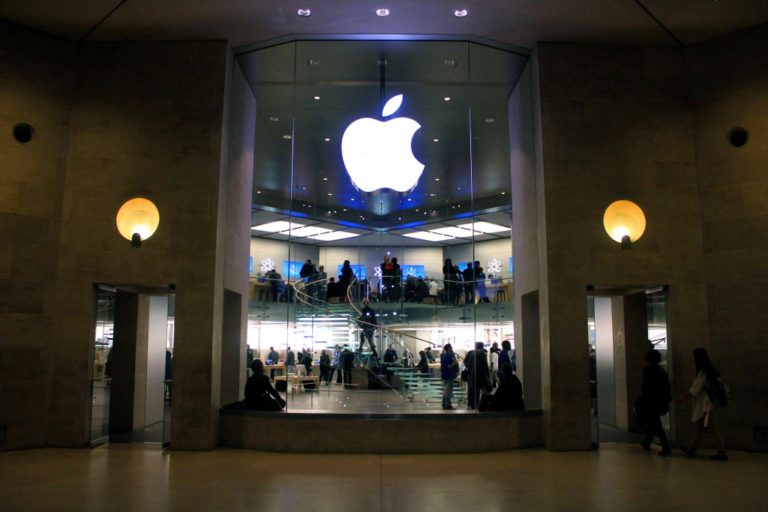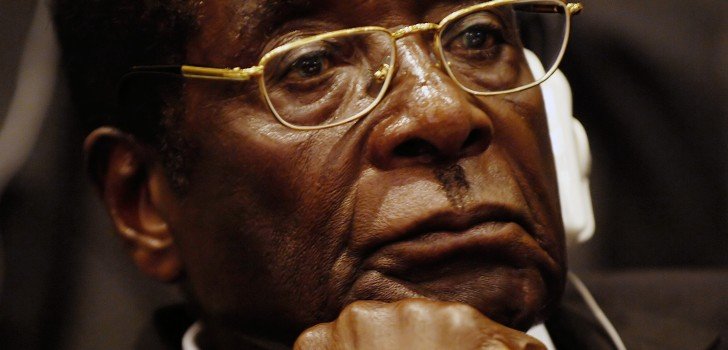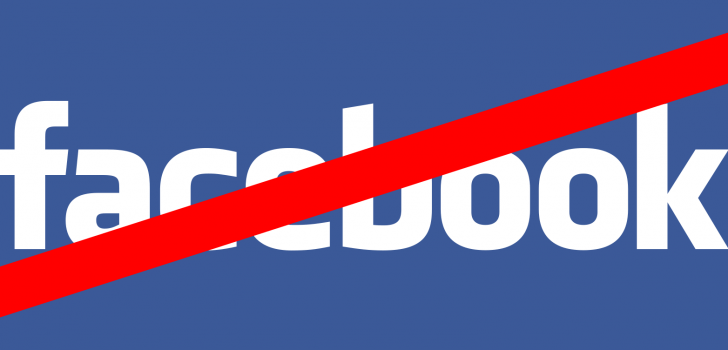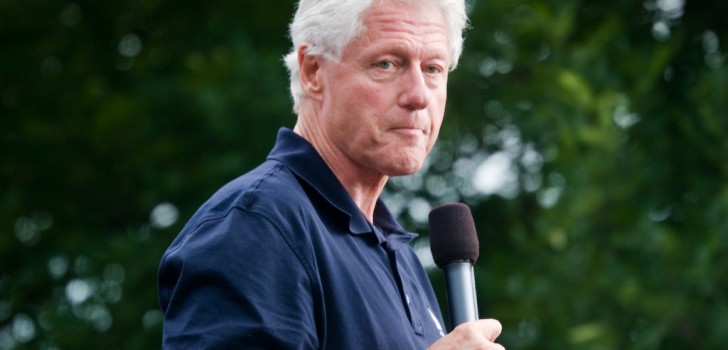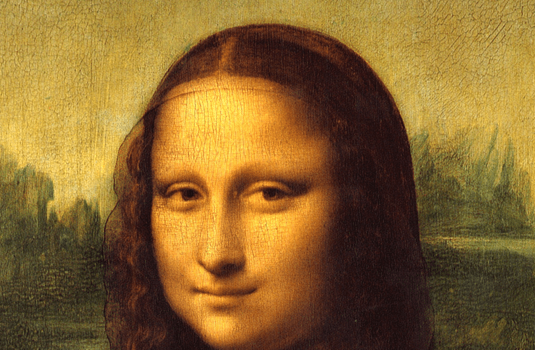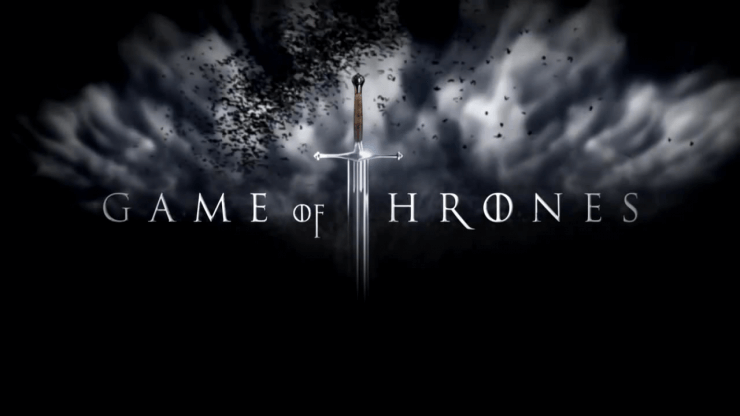Thursday afternoon, in Chattanooga, Tennessee, suspect Mohammad Youssef Abdulazeez began a shooting rampage that would take the lives of 4 U.S. Marines. Abdulazeez was driving a rented Ford mustang convertible when he pulled up to a National Guard recruiting agency in a small shopping mall. Suspects say they saw Abdulazeez raise his hand out of the car and begin shooting countless shots into the windows at the recruiting center. Reportedly, the suspect was using an AK-47 style weapon and had enough ammo to keep police at bay as his attack continued for 30 minutes.
After finishing at the National Guard recruiting center, where there were no fatalities or injuries, Abdulazeez drove more than 7 miles away to a Naval Reserve center where the altercation with police continued. After exchanging some gunfire, police were able to stop the suspect, who ended up dying from gunshot wounds.
Four marines were killed in the firefight.
The suspect, Mohammad Youssef Abdulazeez was a 24 year old naturalized U.S. citizen who had a Jordanian citizenship but was born in Kuwait. Not much is known about the suspect, and little has been officially reported.
Involvement with ISIS is being investigated as, according to people who knew Abdulazeez, the suspect returned home to the Middle East for some time earlier this year following an arrest for driving under the influence in April and was scheduled to appear in court later this month.
All people interviewed who knew the suspect were surprised of the news and had nothing but good things to say about Abdulazez.
Officials are thus far treating the situation as an act of domestic terrorism. Ed Reinhold, the FBI special agent in charge of the crime scene told reporters, “We will treat this as a terrorism investigation until it can be determined that it is not”.
Several military related centers around the area were heavily secured after the shooting as tensions rose. Very little about the suspect or his plot has been reported. President Obama commented on the issue promising that the investigation will be “thorough and prompt.” He sent his condolences to the victims and their families and said that there must be patience until enough evidence is gathered to make assessments about the crime and about further precautions to take later on.
Jeh Johnson, Homeland Security Secretary said authorities were taking no chances as security was increased at several government related facilities.



